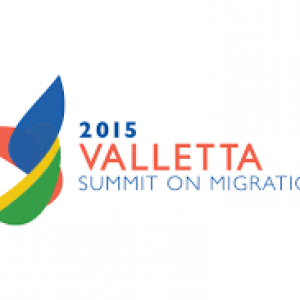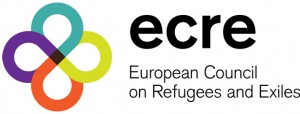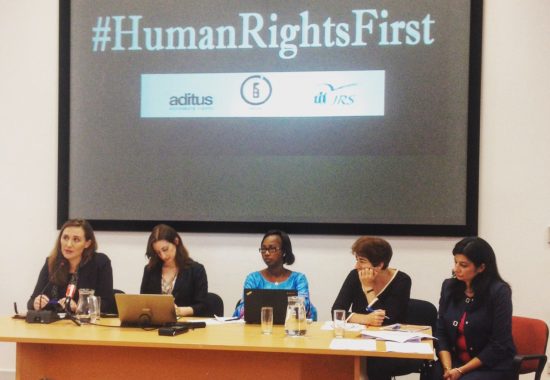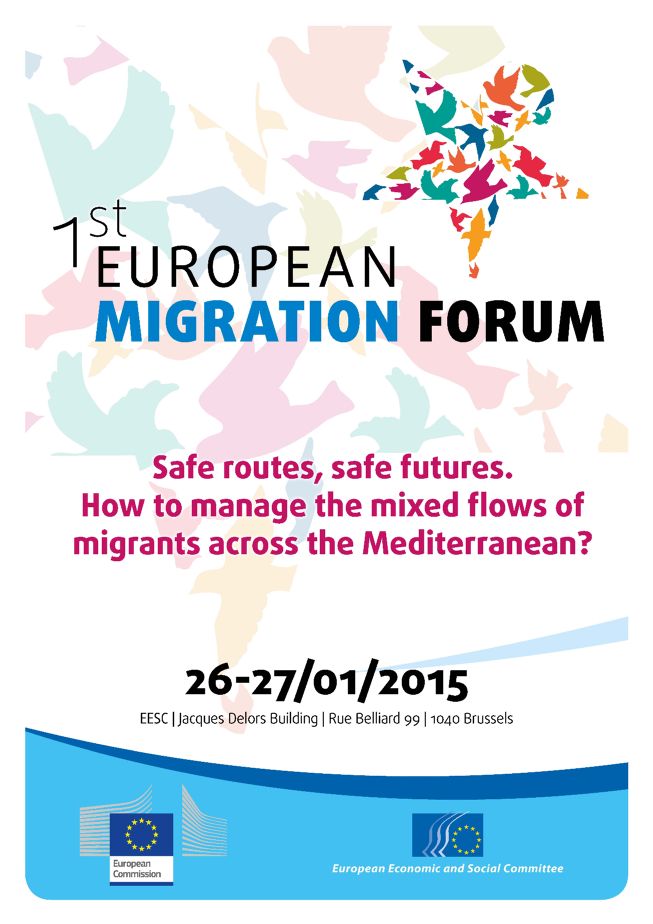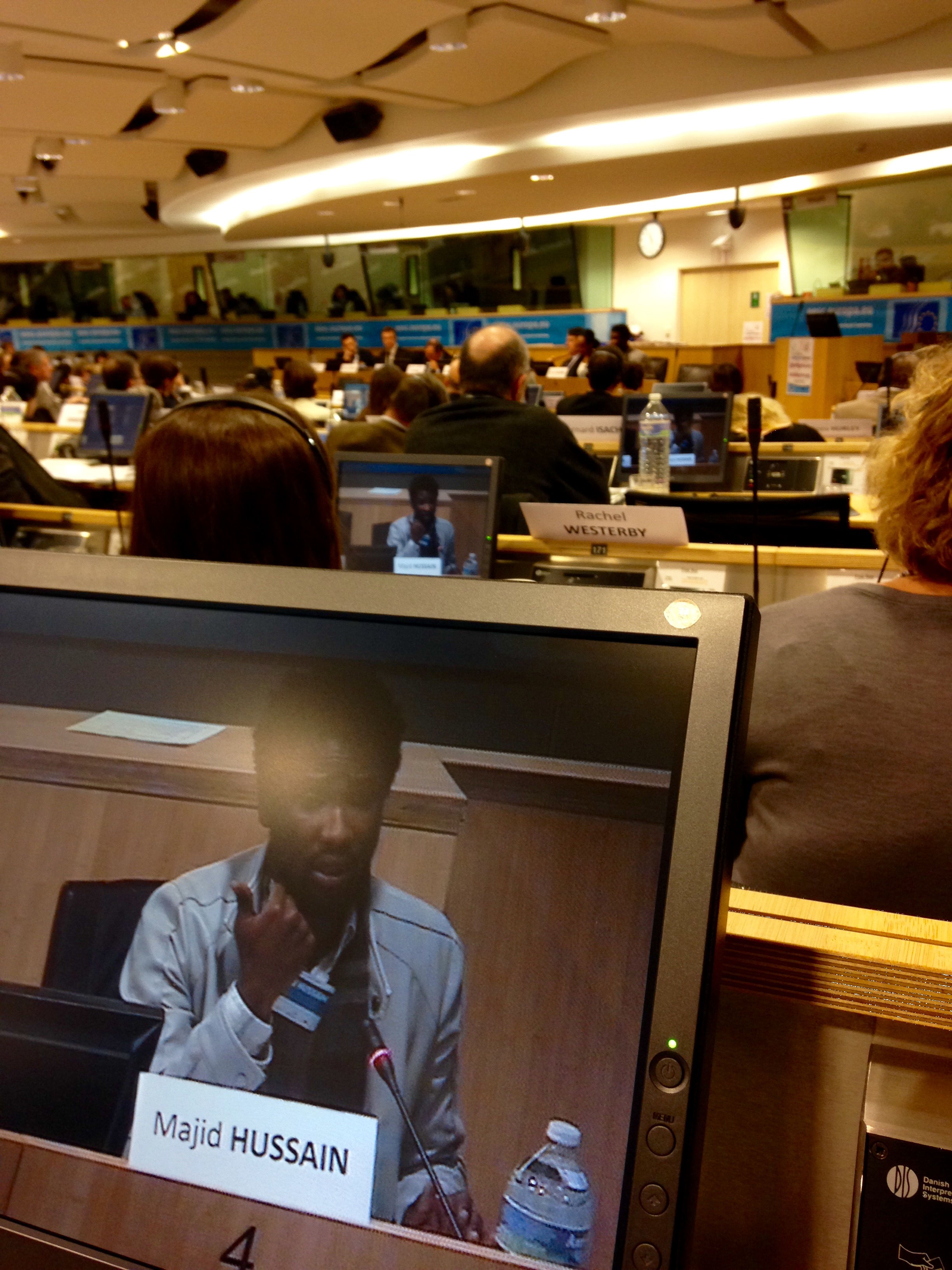#HumanRightsFirst
Time to act
Now is the time to act. We, the undersigned NGOs, urge states participating in the Valletta Summit on Migration to act decisively and urgently so that people will no longer die in their desperate search for protection in Europe.
Since October 2013, at least 6,892 men, women and children have perished in the Mediterranean attempting to reach Europe.
The summit, convened by the European Council in response to the rising numbers of refugees and migrants arriving in Europe irregularly, is an opportunity to go beyond words to concrete action.
The vast majority of the migrants entering Europe through the sea routes across the Mediterranean are Syrians, Eritreans, Afghans and Somalis – people with a strong prima facie claim to protection. Others are seeking the opportunity to live with dignity, which they absolutely cannot do in their home country. All resort to travelling irregularly because it is impossible for them to gain legal admission into Europe, whether to seek protection, find employment or access education.
Faced with this unprecedented challenge, so far EU Member States’ response has been more of the same: the emphasis remains largely focused on strengthening border control, improving existing mechanisms for returning migrants who do not qualify for protection, and increasing support for countries hosting large numbers of refugees outside Europe.
So far no real steps have been taken to increase the avenues for legal migration or to create safe and legal ways for people to reach a place where they can obtain protection – so refugees are forced to entrust themselves into the hands of smugglers and risk their lives. Resettlement pledges remain, at best, a token compared to the number of refugees being hosted in countries outside the EU.
Possibly most worrying, the needs of refugees and migrants are hardly taken into account and their voices are completely unheard. Refugees are looking for protection, which is about more than mere survival – it is about the possibility to belong to a community once more and to build life anew. Unless and until we take this into account, people will effectively be denied the protection to which they are entitled and, worse, they will continue to lose their lives in their attempt to find life.
So we urge participating states to put people first and to use the Summit to put in place concrete steps to:
→ Allow asylum seekers to access protection safely and legally, through measures such as: broadening existing rules so they can be reunited with their families; granting humanitarian visas and introducing mandatory and realistic quotas of resettlement.
→ Ensure that asylum seekers are received in conditions of dignity and that refugees are able to truly enjoy their rights.
→ Guarantee that those who do not qualify for asylum are treated with respect and that any returns are carried out in full respect for the principle of non-refoulement, in conditions of safety and dignity.
Statement issued by:
aditus foundation, Foundation for Shelter and Support of Migrants, Integra Foundation, Jesuit Refugee Service (Malta), KOPIN, Malta Emigrants’ Commission, Migrant’s Network for Equality, Organisation for Friendship in Diversity, Peace Lab, People for Change Foundation, SOS Malta
.